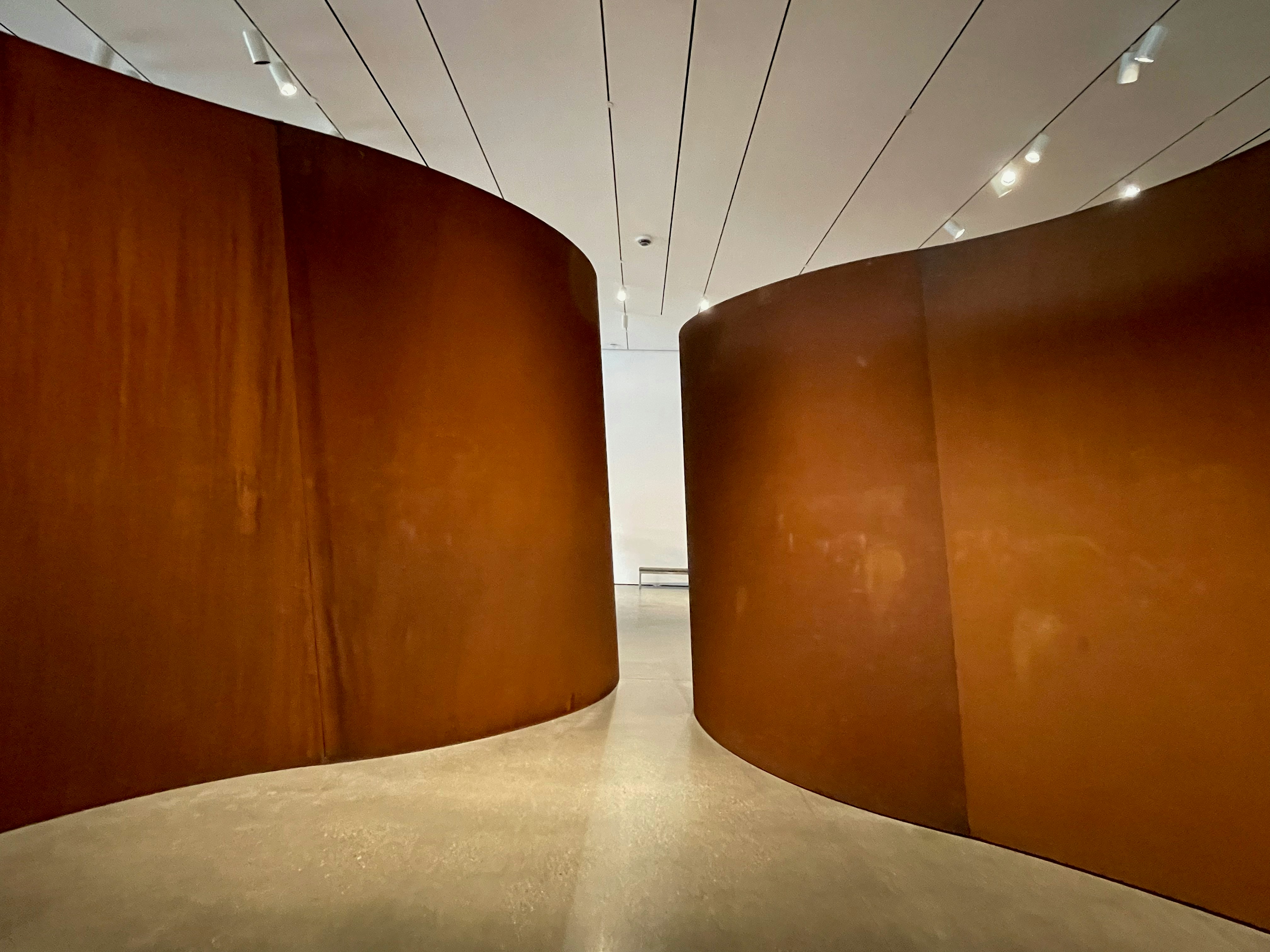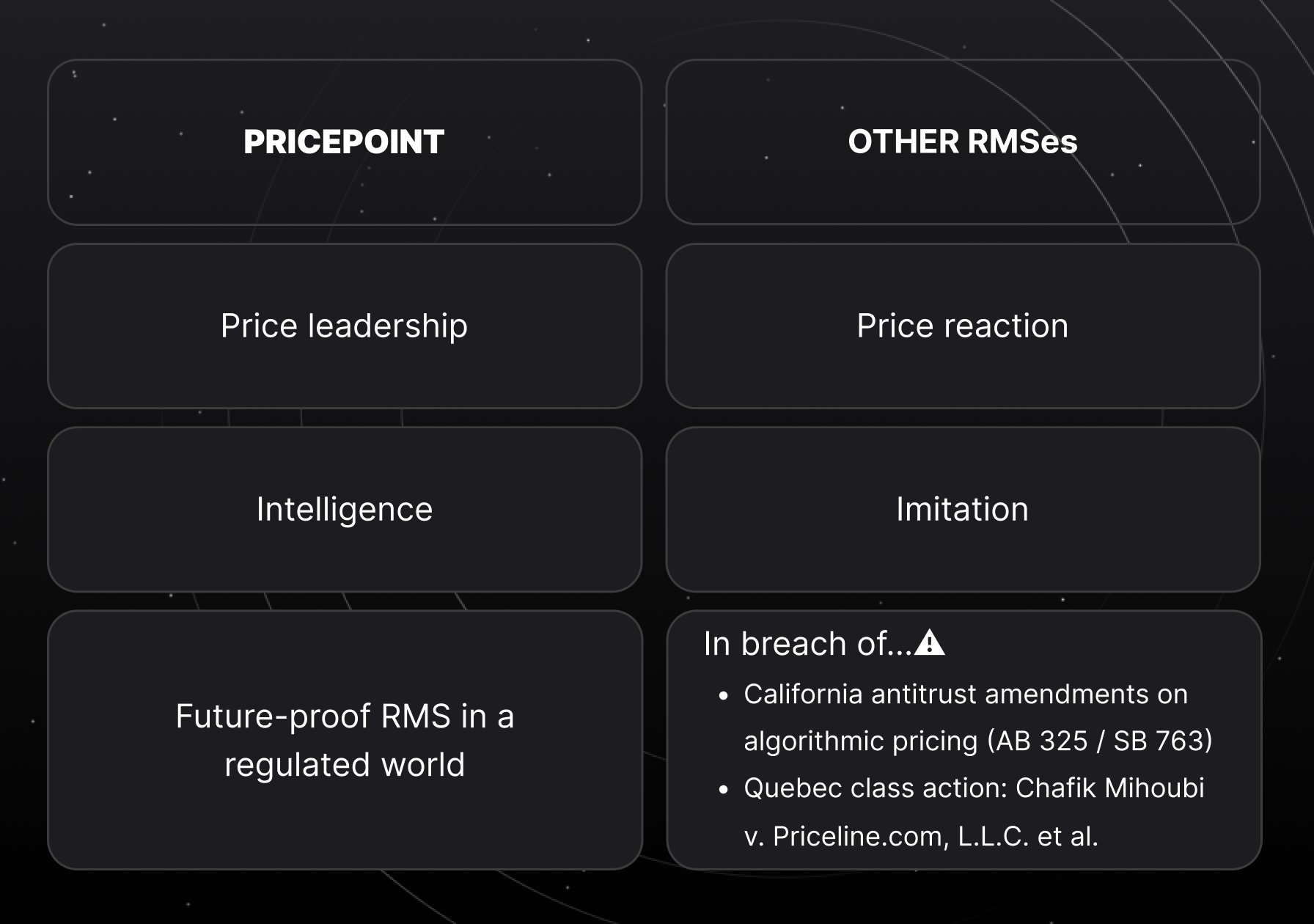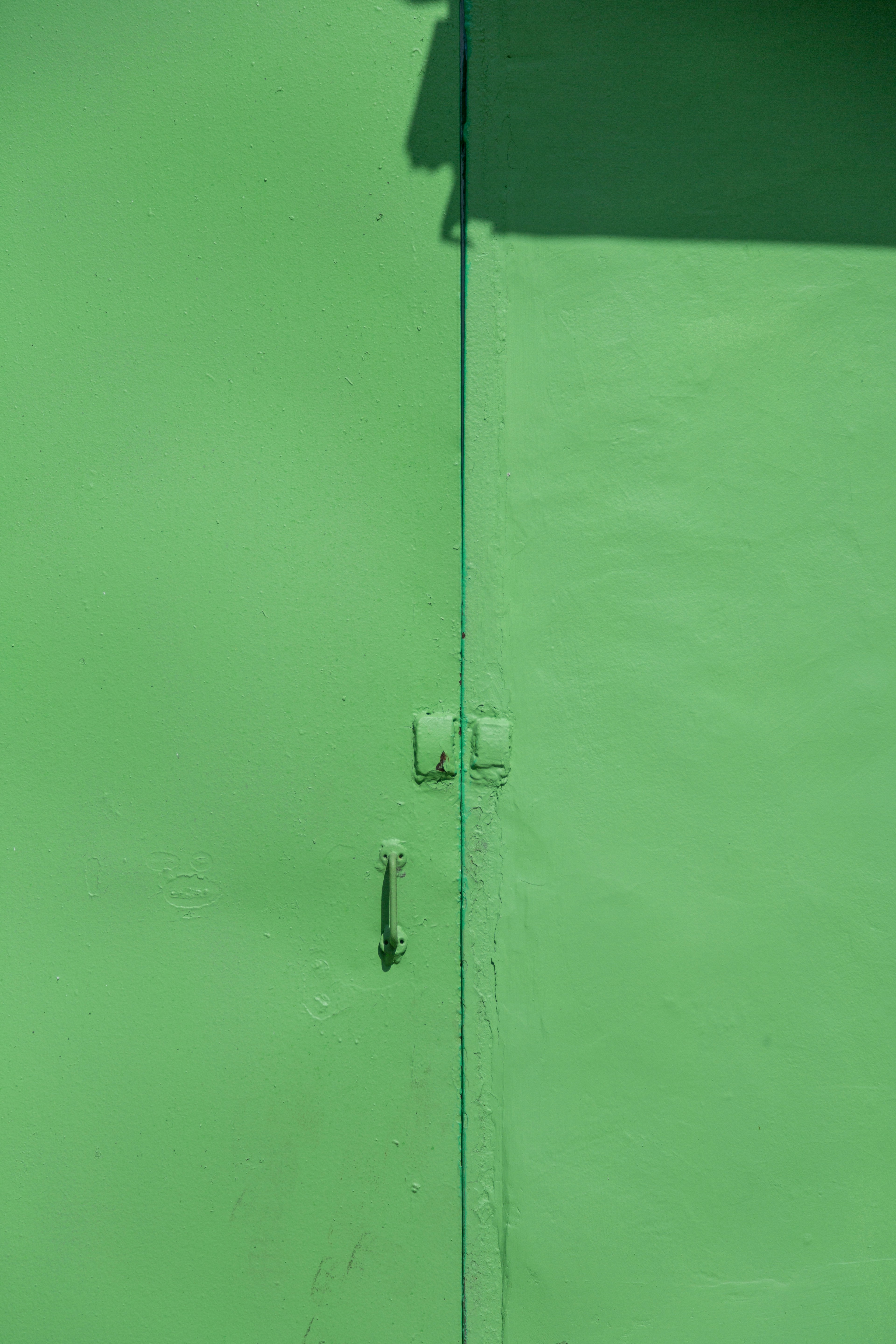How integrated technology empowers hotel teams and drives better business outcomes

How Hotel Teams Can Leverage Integrated Technology to Boost Performance
Hotel departments play unique but interconnected roles in the success of a property. From revenue management and marketing to housekeeping and guest experience, each team contributes to profitability and guest satisfaction. The challenge? Many hotels operate in silos, relying on outdated workflows that waste time and limit collaboration.
Embracing integrated technology helps break down those silos, enabling automation, data-driven decision-making, and seamless communication across all teams.
Revenue management
Revenue managers are responsible for optimizing pricing and inventory to maximize revenue. Without technology, this requires manual calculations, outdated spreadsheets, and guesswork.
A revenue management system (RMS) automates this process by analyzing market demand, competitor pricing, and booking trends in real time. Integrated with a property management system (PMS), channel manager, and booking engine, the RMS pushes updated rates and availability instantly across channels.
This allows teams to react quickly to market shifts, protect rate integrity, and ensure profitability without spending hours on manual tasks.
Marketing
Whether managed by a dedicated team or a single person, hotel marketing focuses on attracting guests, building brand awareness, and driving direct bookings.
Customer relationship management (CRM) tools integrated with the PMS give marketers deep insights into guest behavior and preferences. With this data, campaigns can be personalized and segmented. For example, hotels can identify repeat spring break travelers and send them targeted offers months in advance.
CRM + PMS integration ensures campaigns are smarter, more efficient, and more effective at filling rooms.
Guest experience
Guest experience is at the heart of hotel operations, encompassing everything from pre-stay communication to digital check-ins and in-stay support.
Guest engagement platforms empower teams to deliver faster, more personalized service. When connected to the PMS, front desk teams can streamline check-ins and spend more time welcoming guests or offering personalized recommendations.
Technology also enables better service recovery and surprise-and-delight moments that strengthen guest satisfaction and loyalty.
Housekeeping
Housekeeping remains one of the most critical and challenging areas of hotel operations. With staffing shortages reported across the industry, technology helps maximize efficiency.
Housekeeping apps integrated with the PMS provide real-time updates on room status and special requests directly on mobile devices. This eliminates reliance on walkie-talkies and manual logs.
Teams can reprioritize rooms instantly, prepare VIP arrivals, manage inventory, and track performance—all within one streamlined system.
How integrated technology brings teams together
Too often, hotels operate in departmental silos. Integrated technology breaks down those barriers by providing a central source of truth.
The PMS sits at the core, connecting systems like RMS, CRM, housekeeping, and guest engagement platforms. Data flows between them, ensuring that:
- Revenue managers’ rate updates feed into marketing campaigns.
- Housekeeping updates trigger early check-in opportunities at the front desk.
- Guest requests automatically create tasks for the right staff member.
Internal communication platforms further enhance collaboration by enabling task assignments, messaging, and workflow automation. For example, a leaky sink reported by housekeeping can automatically trigger a maintenance task, while a towel request at reception is instantly sent to the right housekeeper.
The role of data
Shared data is the foundation for better decision-making. By centralizing information across departments, hotels can identify trends, align strategies, and improve performance.
Guest feedback highlights operational gaps. Portfolio-level performance comparisons ensure consistency across properties. And hospitality-specific business intelligence (BI) tools transform raw data into actionable insights.
With advanced reporting, competitive benchmarking, and forecasting, BI tools enable managers to align departmental strategies and make collaborative decisions.
Empowering teams with integrated technology
When hotels embrace integrated technology, they don’t just automate tasks—they empower their people. Staff gain more fulfilling roles by focusing on meaningful guest interactions and strategic initiatives instead of repetitive tasks.
Automation, real-time data, and streamlined communication drive collaboration across departments, resulting in stronger team morale, better guest experiences, and improved business outcomes.




